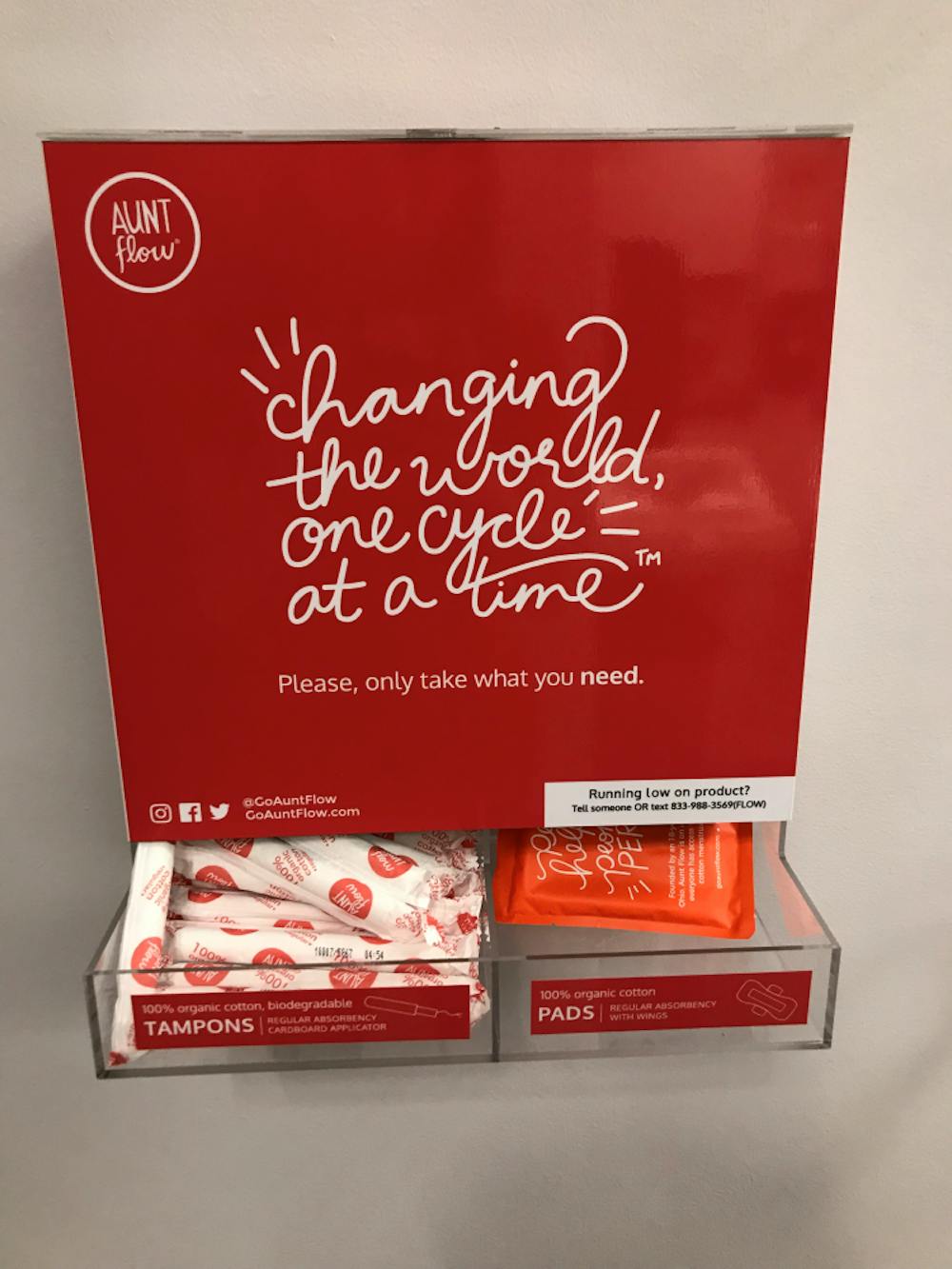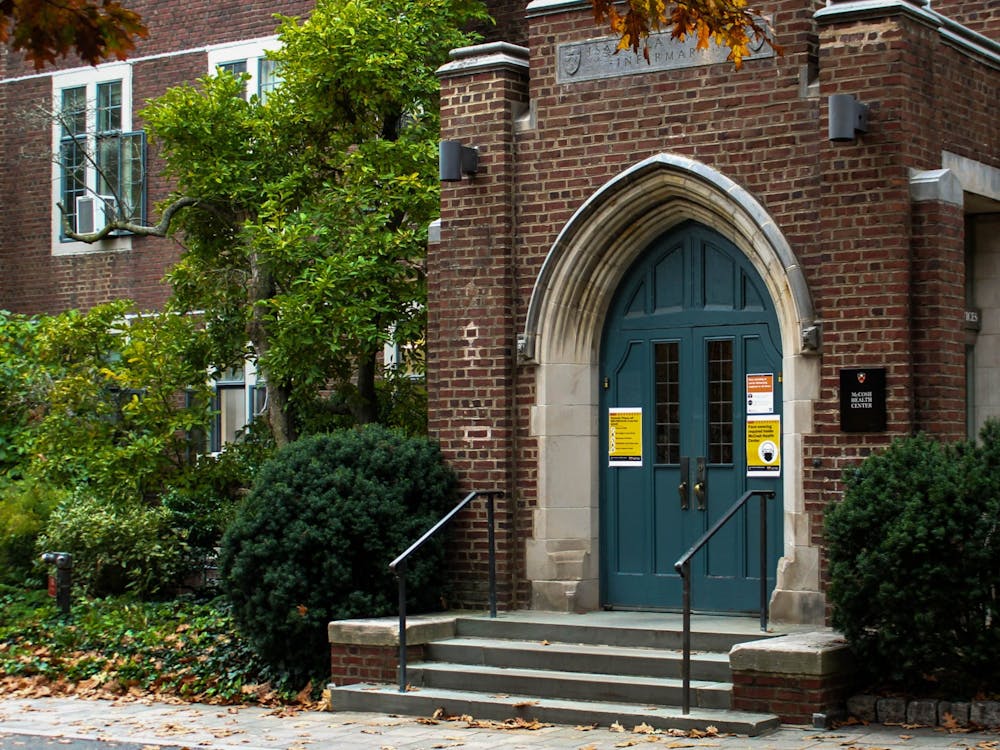We approach 2020 and women across the world still have to beg for access to basic menstrual health and hygiene products. As men continue to define what constitutes the human body and its needs, the fact that menstruation is a basic human function that half the world’s population experiences every month is completely drowned out during conversations about the body.
Thirty-three states still consider menstrual management products non-essential items, meaning that these products are denied the sales tax exemption that is granted to other “essential” items, which apparently include doughnuts, pretzels, and Fruit Rollups in America.
Let’s note that male contraceptives are usually tax-free, while women continue to pay a sales tax on tampons and sanitary pads. Moreover, women tend to pay a disproportionately higher amount for most body management products, from shampoo to razors. For example, a five-pack of Schick Hydro Silk women’s razors consistently costs around three dollars more than a pack of Schick’s male razors.
It is true that free market process may justify certain pricing differences, such as women’s hair products costing more than men’s, as women tend to value hair treatment products more. However, to price items like razors differently is a discriminatory practice that imposes an economic burden on women — this is especially unfair when you consider that the social norm that women have to be clean-shaven at all times is a standard originating in patriarchy to begin with.
The world needs to stop taxing women for their womanhood.
In much of the world, menstruation is treated as far worse than an unnecessary economic demand. It is treated as a crime. In rural India, for example, women are ostracized from family life while on their period and told to sleep and eat outside their homes for days. Meanwhile, they still have to walk to the far-off communal bathrooms or sometimes just into the open fields to care for their bodies; these locations are not conducive to proper period management at best and are grounds for assault at worst.
While the menstruation movement has been successful in pushing the Indian government to construct many new toilets all across India, men remain empowered to determine women’s access to proper menstrual hygiene. Men decide where toilets are constructed and are also often in charge of the access point in makeshift pharmacies in rural India, where products are requested at a counter rather than out for display. As a result, many women shy away from asking for pads and instead use old rags out of ideas of modesty and shame.
Villages in South Asia are not the only places where women rely on men to physically provide them with menstrual resources. Many prisons in America do not provide female prisoners with any menstrual products. These women are often forced to either bleed into their underwear; in many recorded instances, they have been forced to sleep with male guards just in exchange for the provision of menstrual products every month.
In fact, even outside prisons, few public bathrooms provide tampons or pads for free, and many don’t provide them at all. The Princeton campus, too, used to have empty pad and tampon dispensers that required quarters until just this year, when the campus commendably moved towards the provision of free menstrual products in most public bathrooms and began to consistently restock dispensers.
The necessity for menstrual products is often overlooked despite the fact that they are basic toiletries that every woman will uncontrollably need every single month. This extends beyond just economic negotiations regarding what items are essential and thus tax-free, as well as beyond the logistical planning of public bathrooms. Menstrual-product access must also be a discussion of which items should be accessible as a basic human right.
Women are humans, too, yet our basic biology doesn’t seem to be a factor when society defines human rights of health and hygiene. It is critical that we acknowledge the essentialness of menstrual products and work to lift discriminatory taxes and increase accessibility for women across the world.
Khadijah Anwar is a sophomore from Dubai, UAE. She can be reached at kanwar@princeton.edu.










